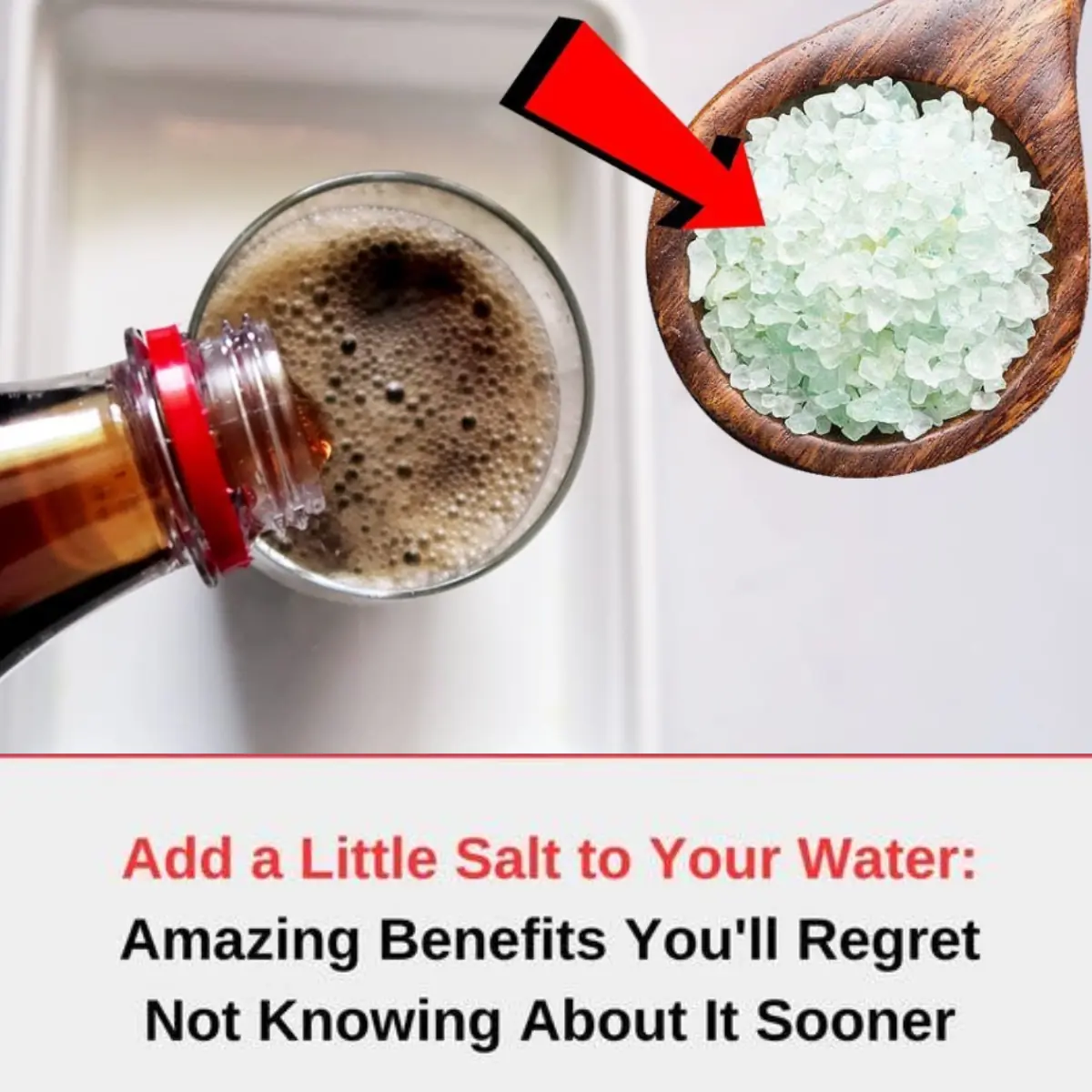
Avoid These 4 Types of Bananas When Buying—Even Sellers Won't Eat Them!
Avoid These 4 Types of Bananas When Buying—Even Sellers Won't Eat Them!
Bananas are delicious and highly nutritious, but many people don’t know how to choose the right ones. As a popular tropical fruit, bananas are loved for their soft texture, sweet taste, and rich nutrients.
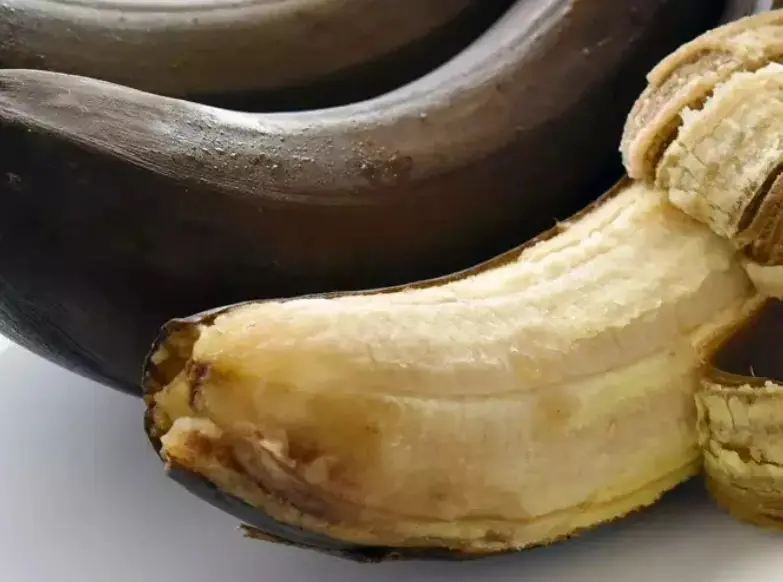
Nutritional Benefits of Bananas
Studies show that bananas are rich in potassium, containing about 350mg per 100g of fruit, which helps maintain heart health and stabilize blood pressure. Their high fiber content promotes digestion, prevents constipation, and helps lower cholesterol.
Bananas are also packed with essential vitamins, including vitamin A, B vitamins, and vitamin C, which support immune function and act as antioxidants. Additionally, they contain vital minerals such as calcium, phosphorus, iron, and zinc, which are crucial for metabolism and overall health.
However, despite their benefits, many people unknowingly buy the wrong bananas. Here are four types of bananas you should avoid, as they are not only unappetizing but can also be harmful to your health—even fruit vendors avoid them!
1. Bananas with Rotten or Furry Stems
When buying bananas, you may come across ones with rotten or fuzzy stems. Vendors often sell these at lower prices, and some people assume that since only the stem is affected, the rest of the banana is still good to eat.
However, if the peel shows signs of mold or rot, bacteria have already penetrated the fruit, making it unsafe to eat. Consuming such bananas can lead to negative health effects.
2. Bananas with a Fermented, Alcoholic Smell
Have you ever noticed that some bananas smell like alcohol? This happens when bananas overripe, causing their natural starches to break down into sugar. If left too long, these sugars ferment into alcohol and acidic compounds.
Alternatively, microbial activity may break down fructose in the banana, producing ethanol, which gives off a wine-like aroma. If bananas have this smell, they are no longer safe to eat.
3. Bananas with Excessive Black Spots on the Peel
Some black spots on banana peels are normal and indicate ripeness, making the fruit sweeter and softer. However, too many black spots or visible mold, foul odor, or discoloration inside the banana suggest spoilage.
How to differentiate:
✔ A few small black spots? Safe to eat.
❌ Large dark patches, soft, blackened flesh? Throw it away.
4. Bananas with Cracked Peels
Banana peels sometimes crack due to rapid flesh growth, but environmental factors like high temperature, humidity, or excessive ethylene gas exposure can also cause splitting.
Regardless of the cause, cracked bananas should be avoided. Once the peel breaks, bacteria can easily enter the fruit, causing it to spoil. Eating cracked bananas frequently can be harmful to your health.
Final Tip
Next time you buy bananas, keep these four warning signs in mind. Pick fresh, healthy bananas to enjoy their full benefits without risking your well-being!
News in the same category

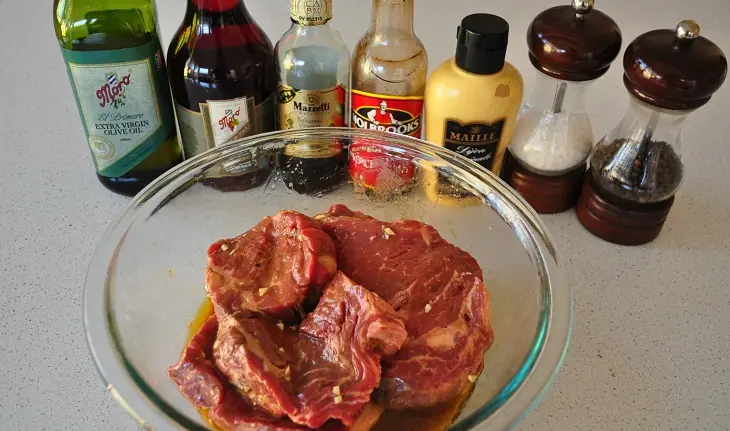
Add a Few Drops of This Seasoning for Stir-Fried Beef That Melts in Your Mouth—Restaurant-Quality Delicious!

Chop Onions Without Tears While Keeping Their Nutrients Intact—Here’s How!
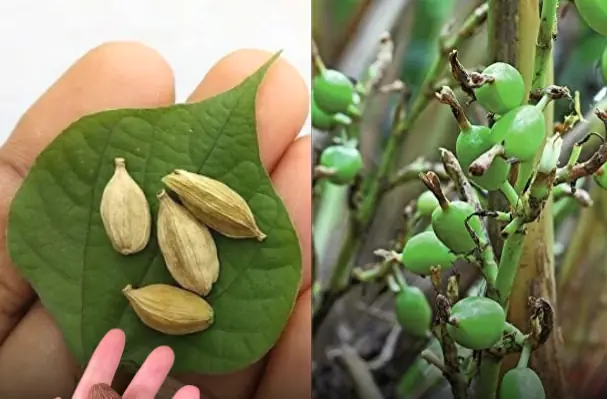
How to Grow Cardamom Plant from Seeds at Home Easily
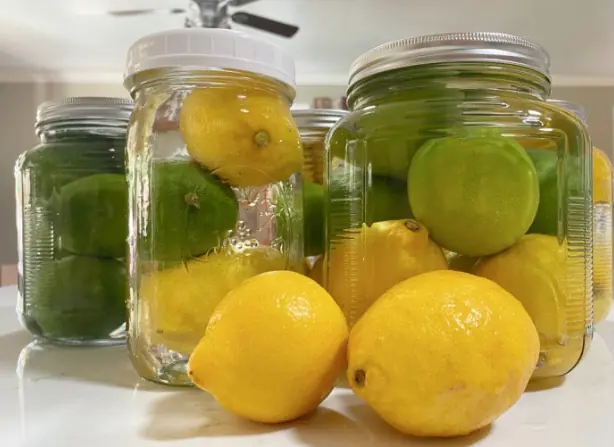
The Best Way to Store Limes for Year-Round Freshness
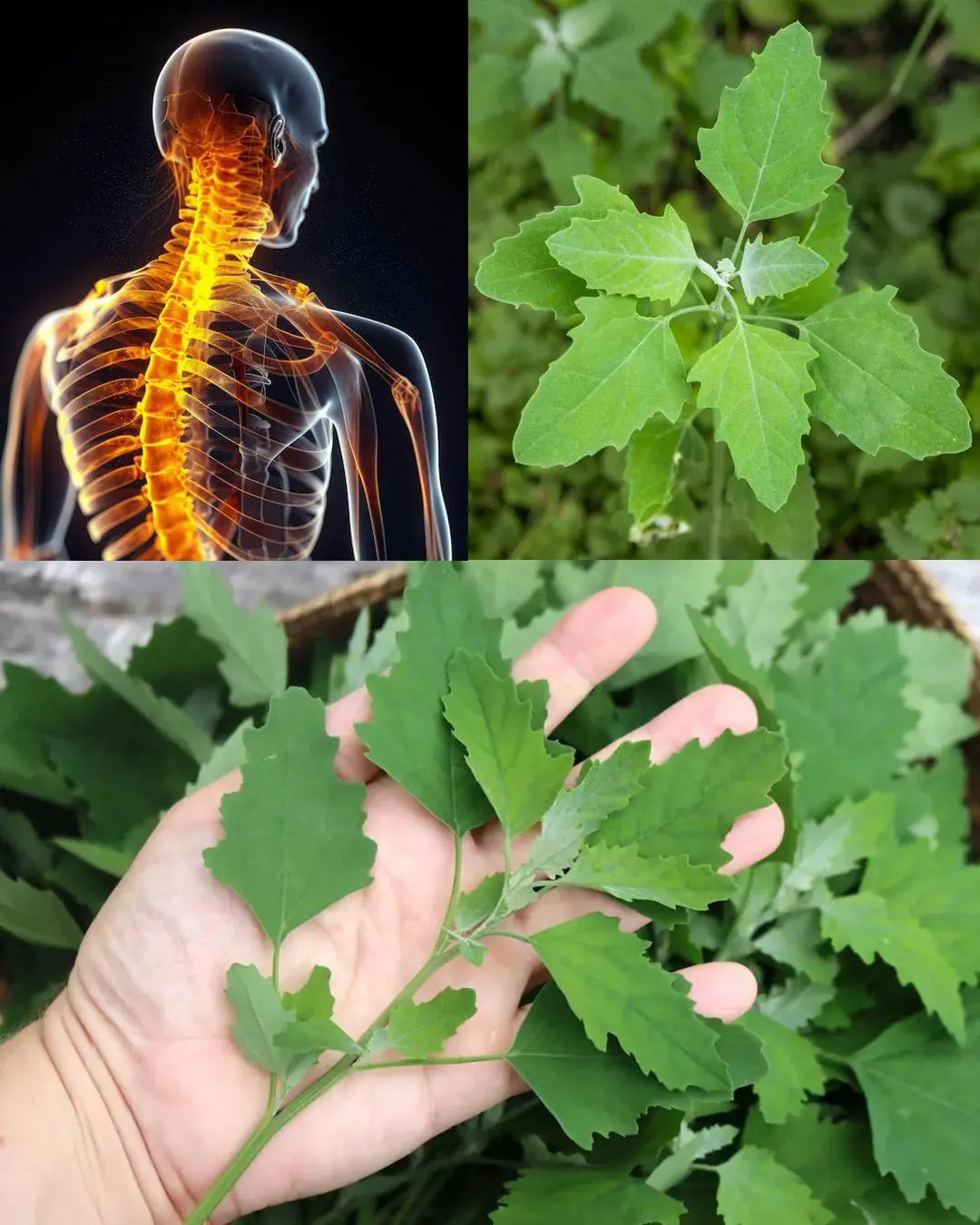
Lamb’s Quarters/Wild Spinach: The Underestimated Superfood with Maximum Health Benefits
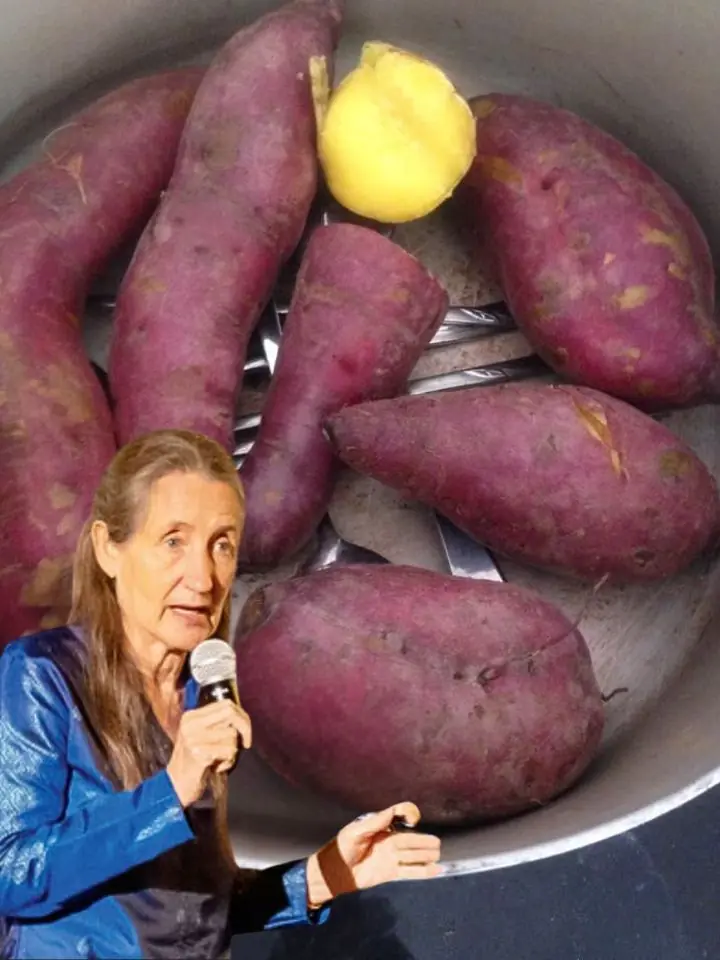
Don’t Eat Sweet Potatoes Until You Know These 13 Important Facts!
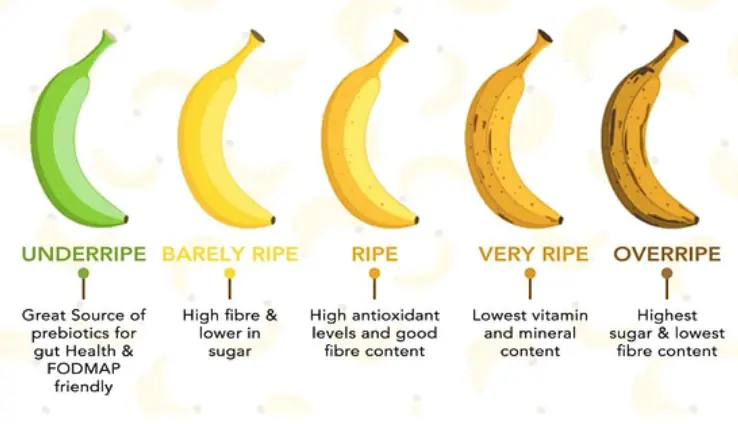
When to eat a banana?
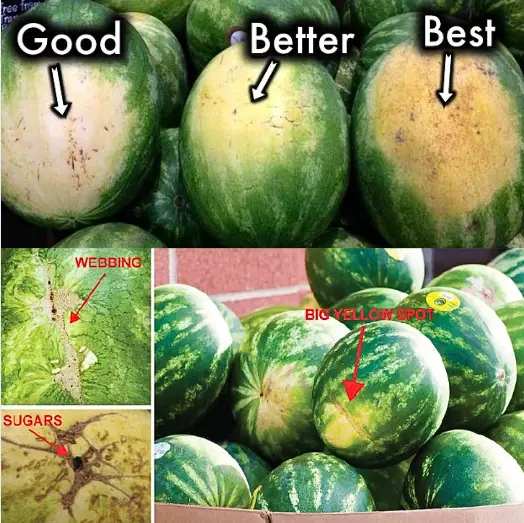
How to pick the right watermelon
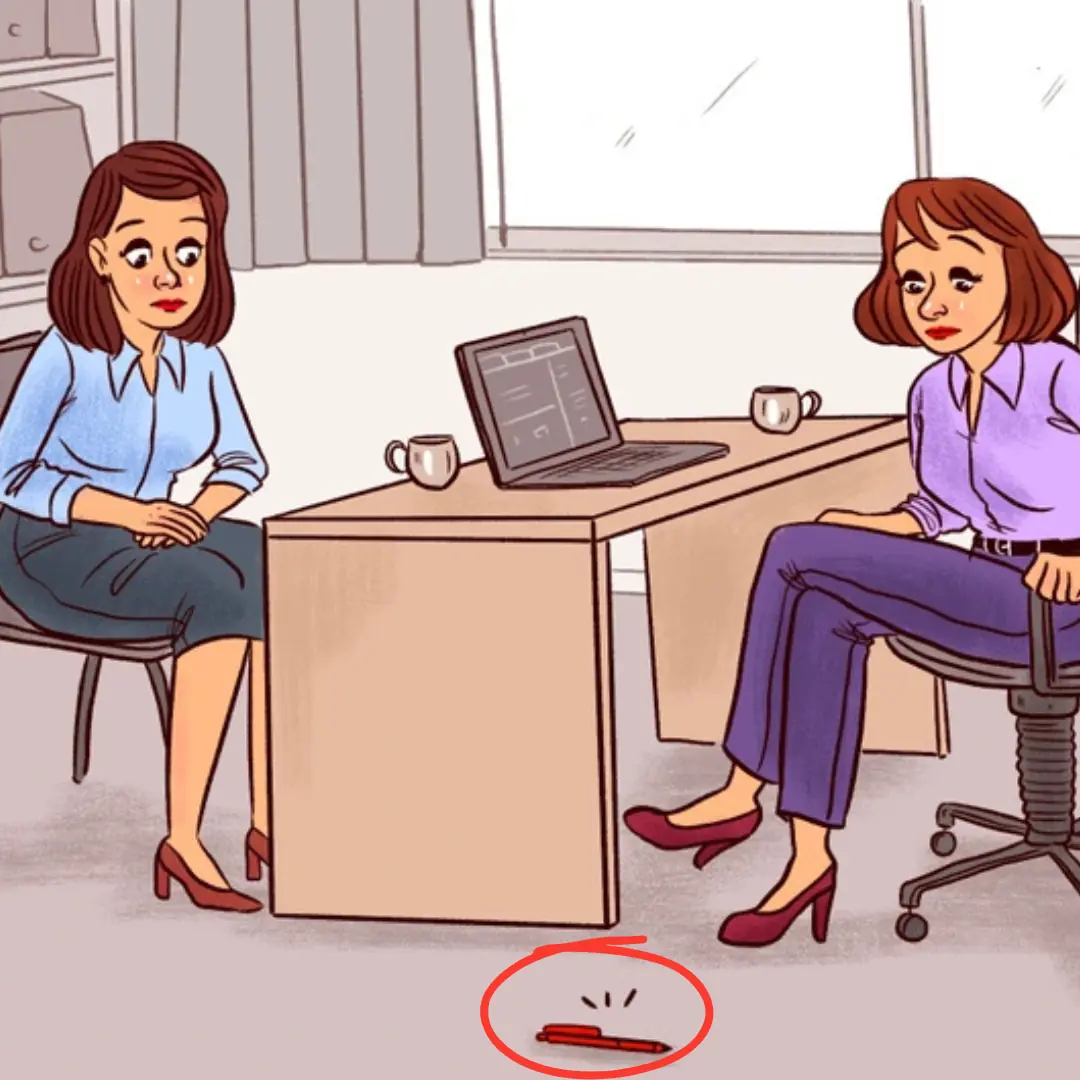
7 Job Interview Secret Tricks Every Applicant Should Know
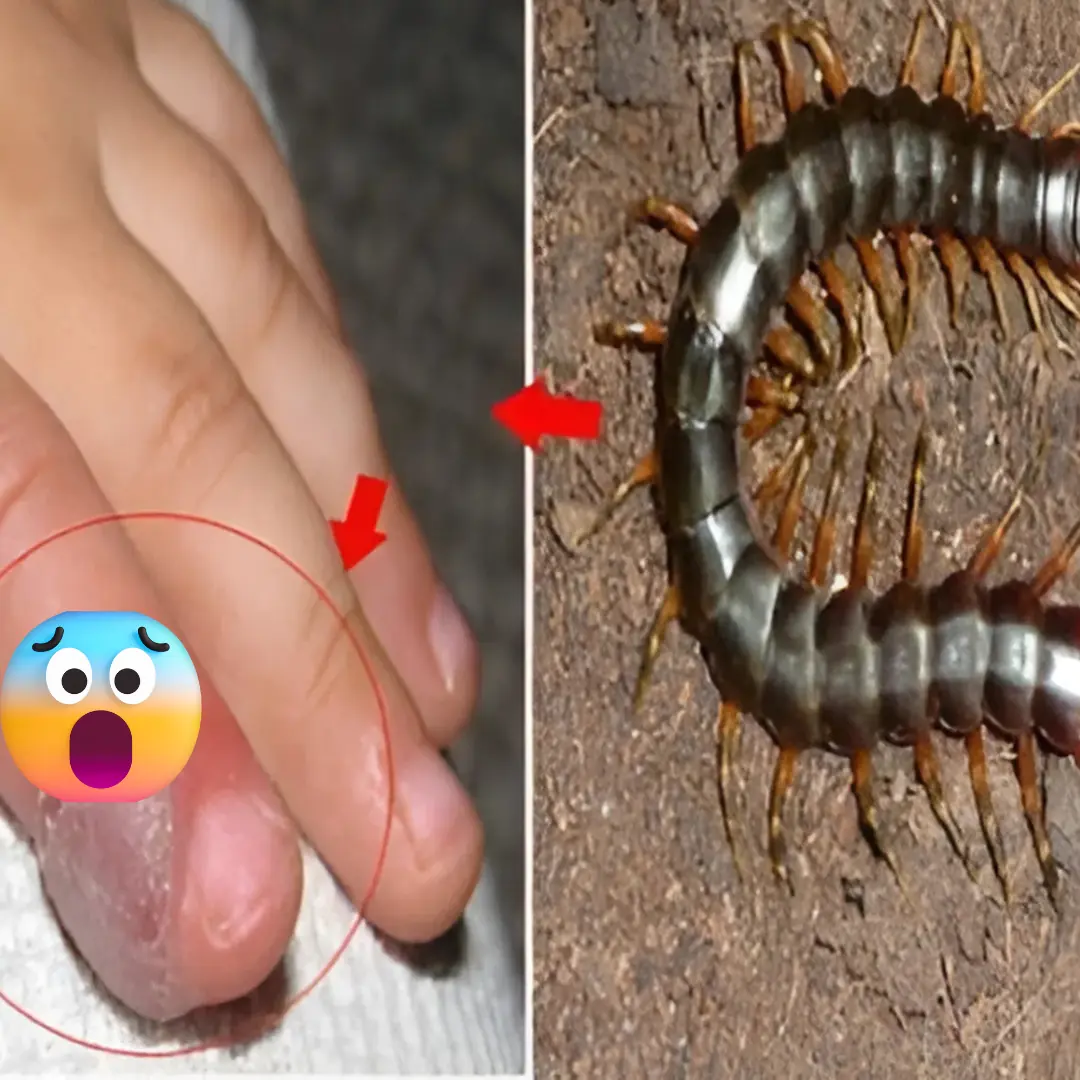
So how should you treat a centipede bite?
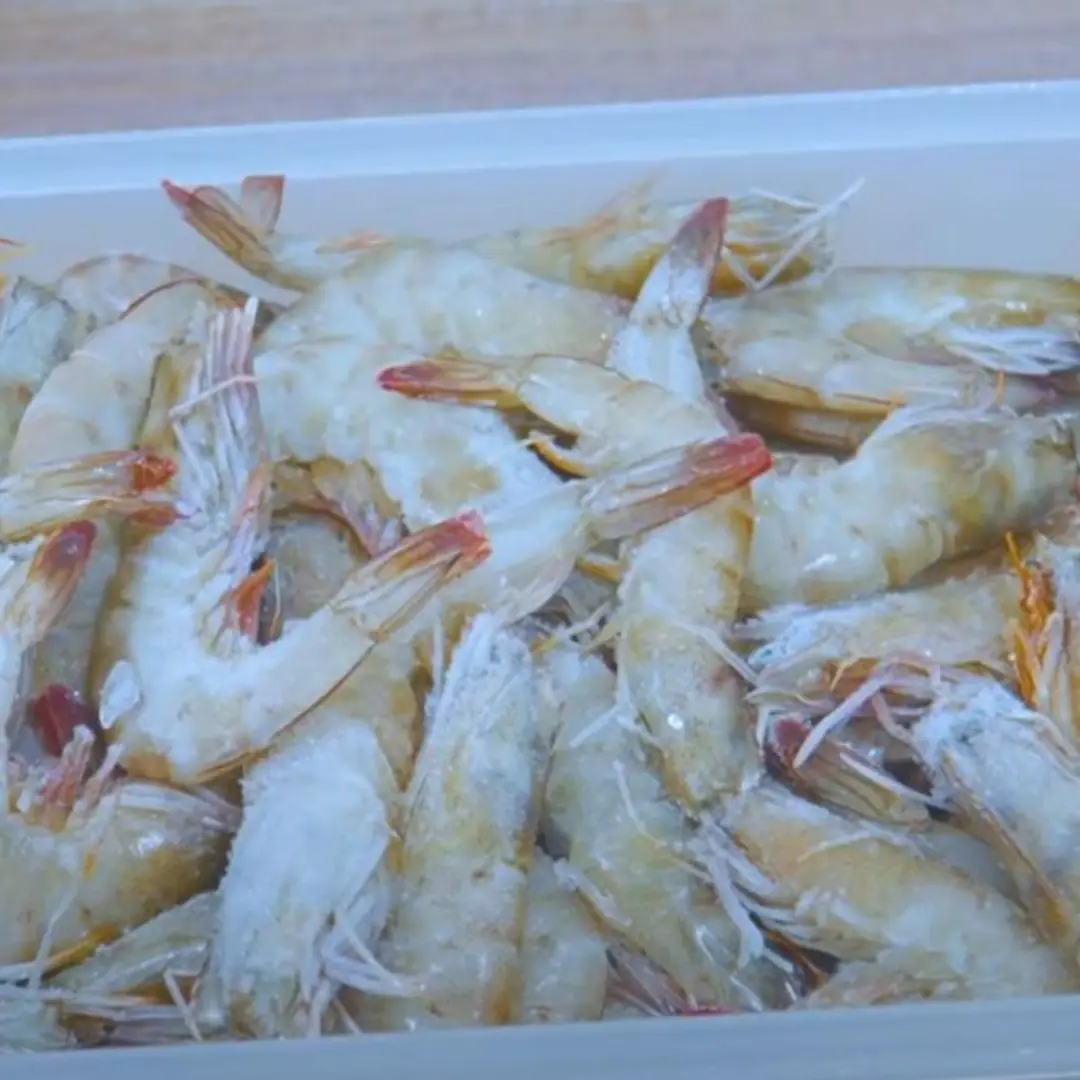
Add a few drops of this to fresh shrimp, it can be preserved for a month and still have firm meat, sweet and fragrant

Leave this in your house to k i l l all the ants
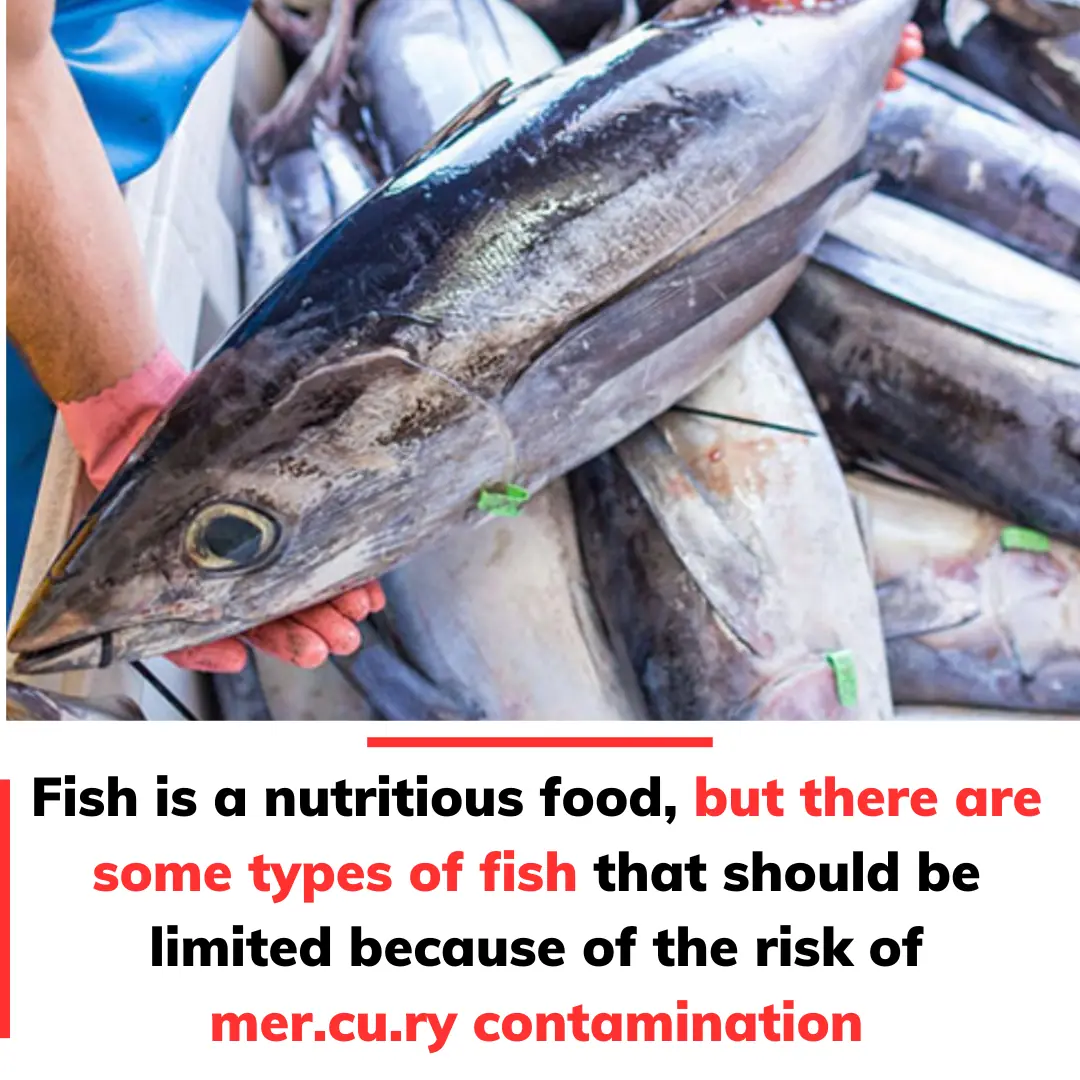
Fish is a nutritious food, but there are some types of fish that should be limited because of the risk of mercury contamination

Should you wash eggs before putting them in the refrigerator? Listen to the Doctor's explanation to avoid mistakes
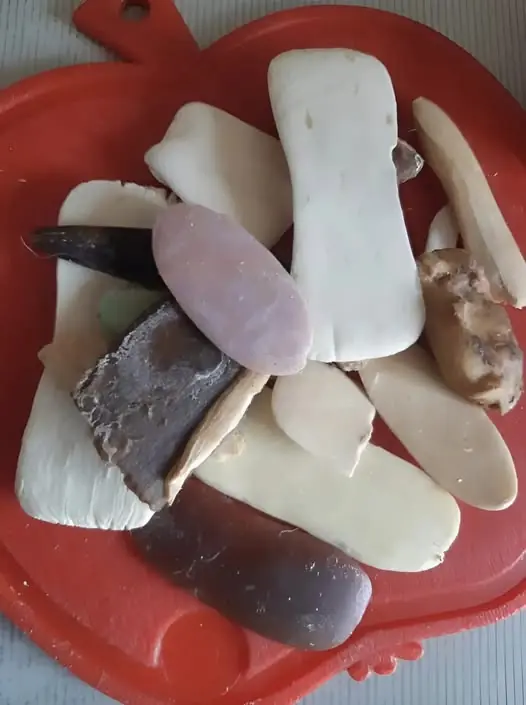
Small soap scraps often get thrown away, but they actually have many useful purposes
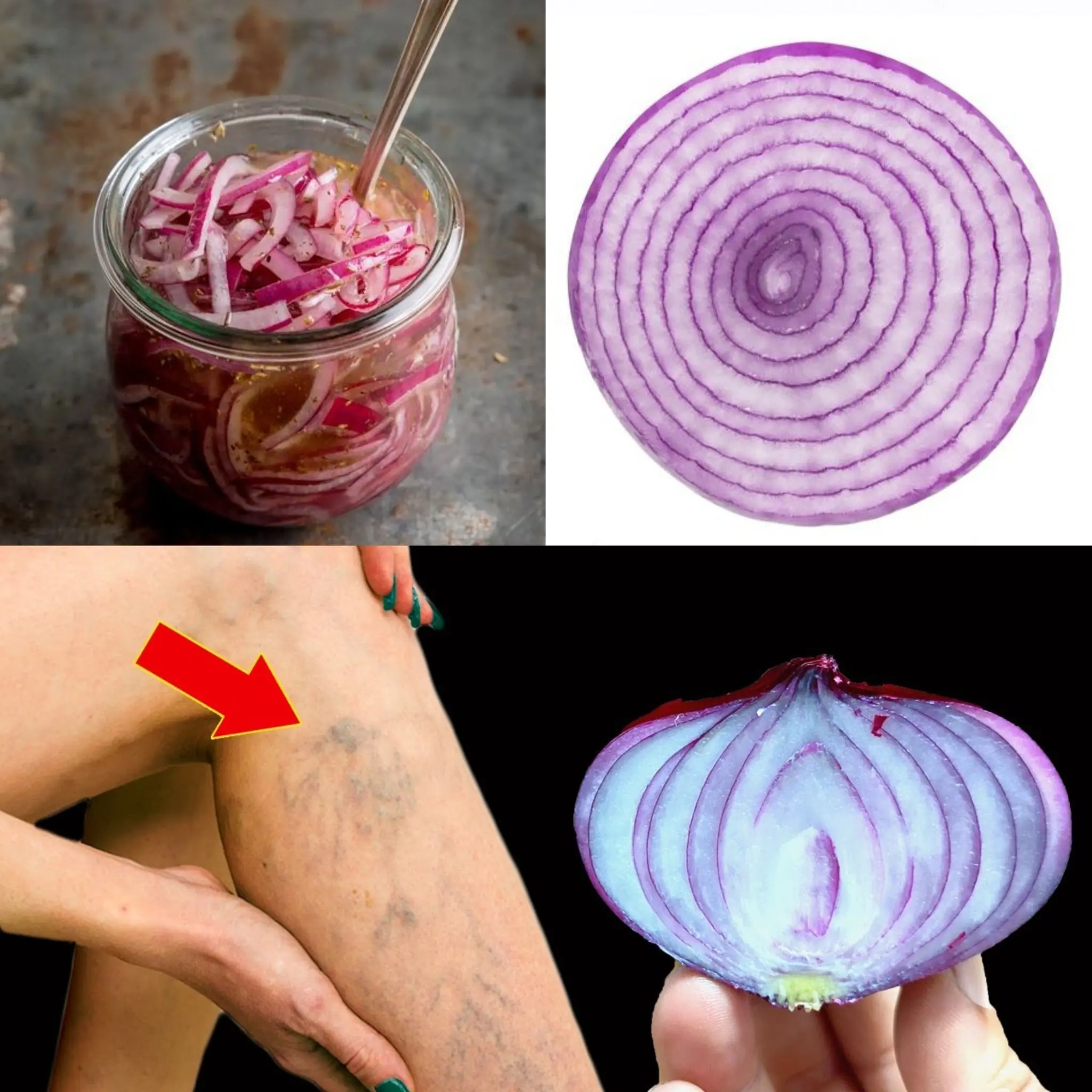
Transform Your Legs Naturally with Red Onion: The Varicose Vein Miracle!
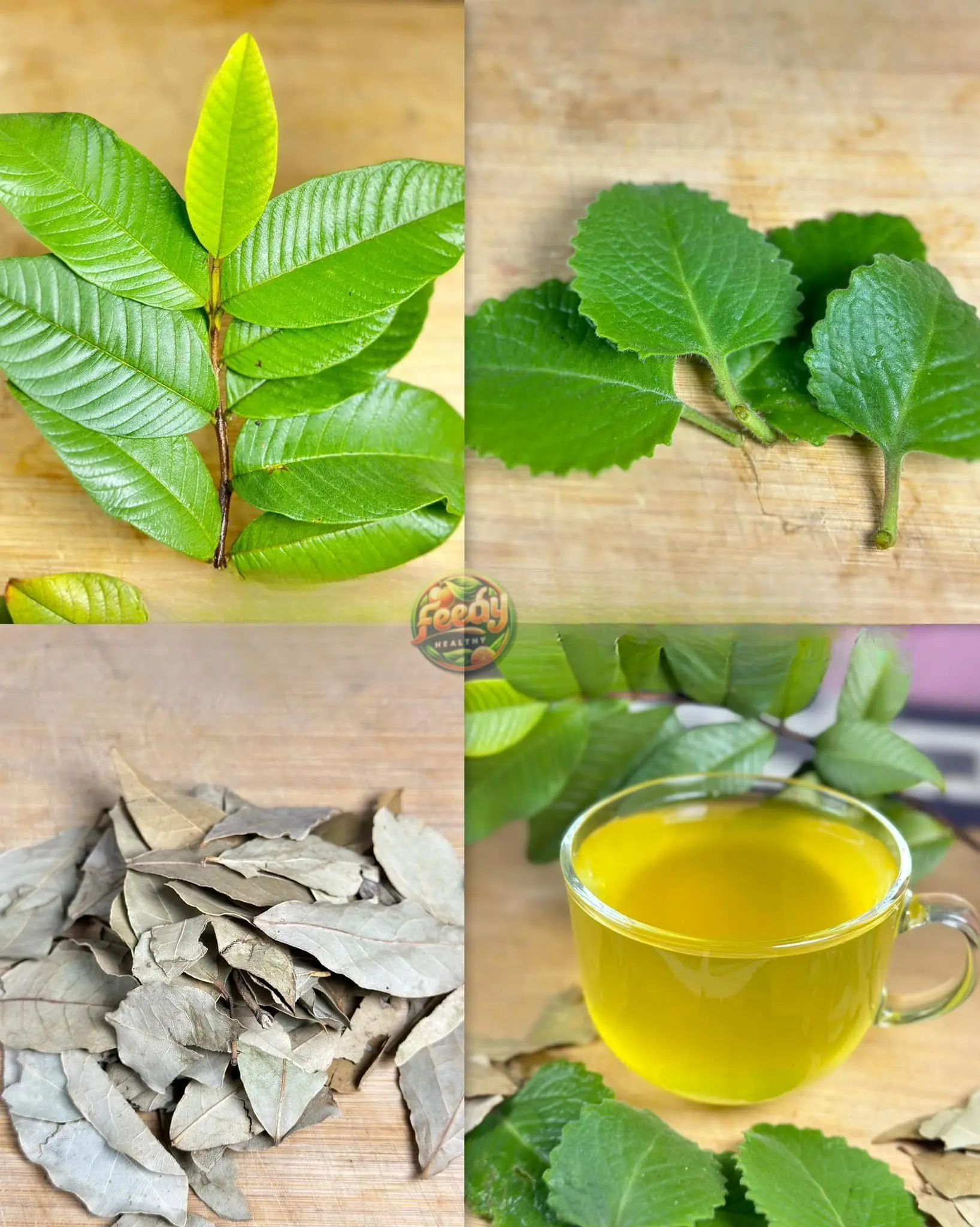
The Healing Leaves That Can Help with Diabetes, Poor Circulation, Fatty Liver, High Blood Pressure, and Even Cancer!

Signs Your Phone Is Being Monitored – Check Immediately If You Notice Even One!
News Post

Elon Musk waves ‘chainsaw for bureaucracy’ on stage

Many still ignore this harmful habit.
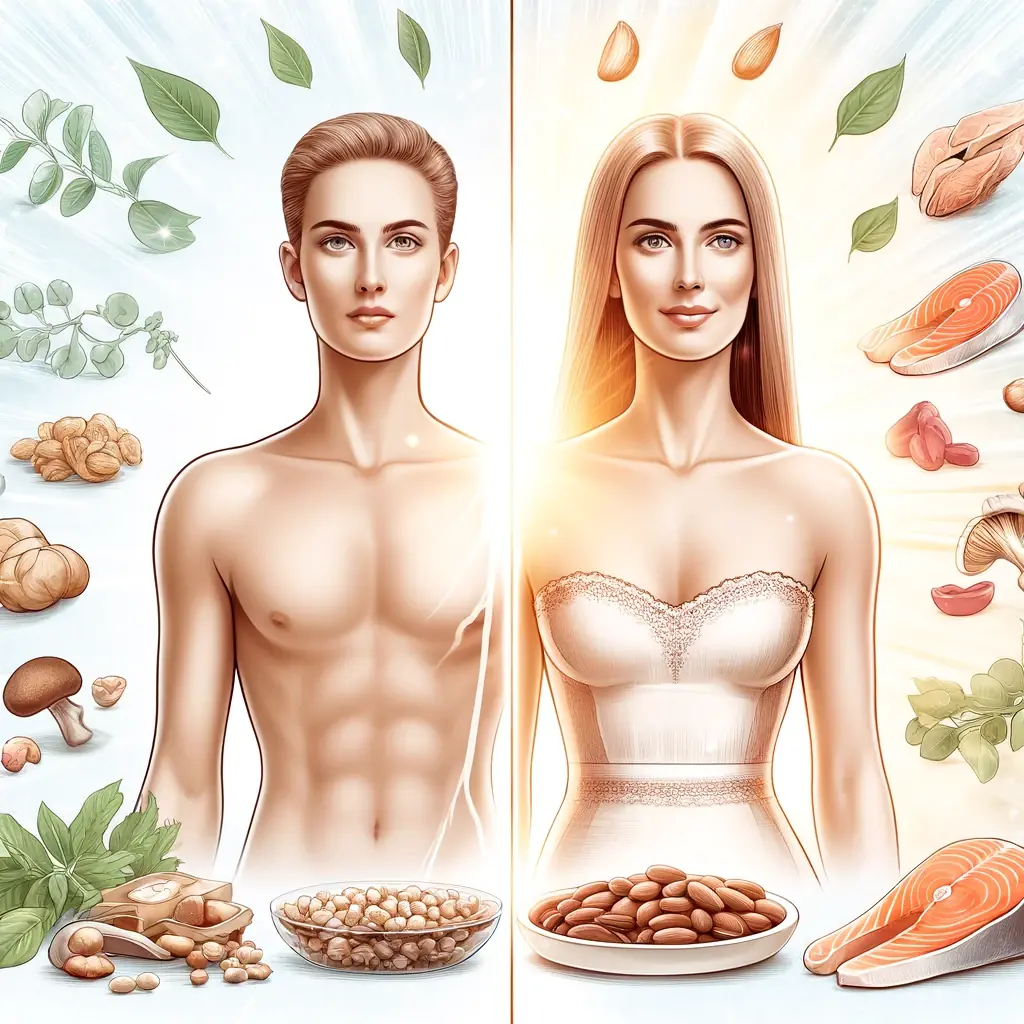
4 Anti-Inflammatory Protein Sources to Eat Regularly

Wish i knew sooner

Move 2 Matchsticks to Form 3 Squares
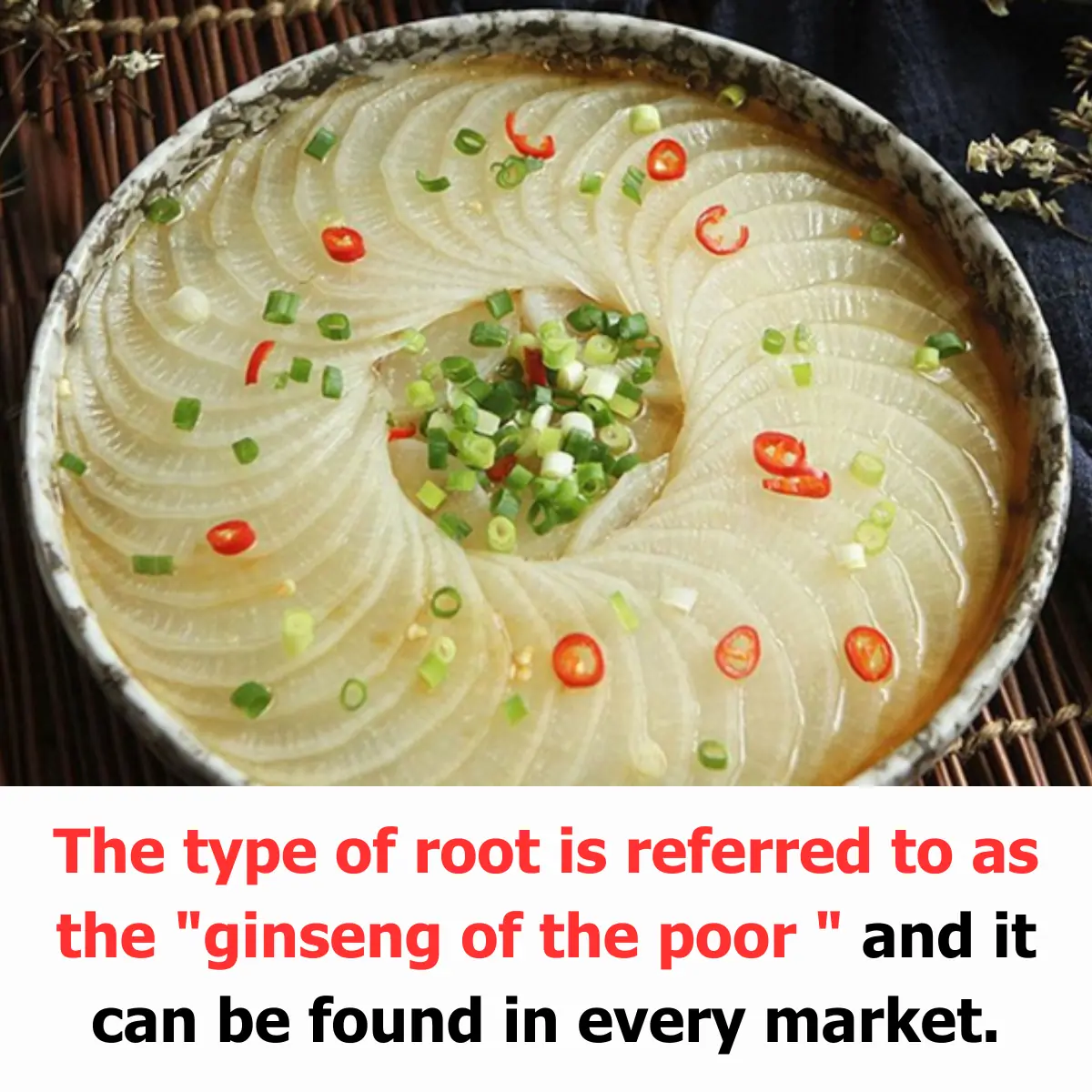
The Radish: Known as the "Ginseng of the Poor" and Found in Every Market

Add a Few Drops of This Seasoning for Stir-Fried Beef That Melts in Your Mouth—Restaurant-Quality Delicious!

The Daughter-in-Law Gives the In-Laws 1,200 USD per Month, Holding the Money in Her Hand, Yet the Father-in-Law Still Grumbles "Immature": The Bitter Reason

Chop Onions Without Tears While Keeping Their Nutrients Intact—Here’s How!

How to Grow Cardamom Plant from Seeds at Home Easily
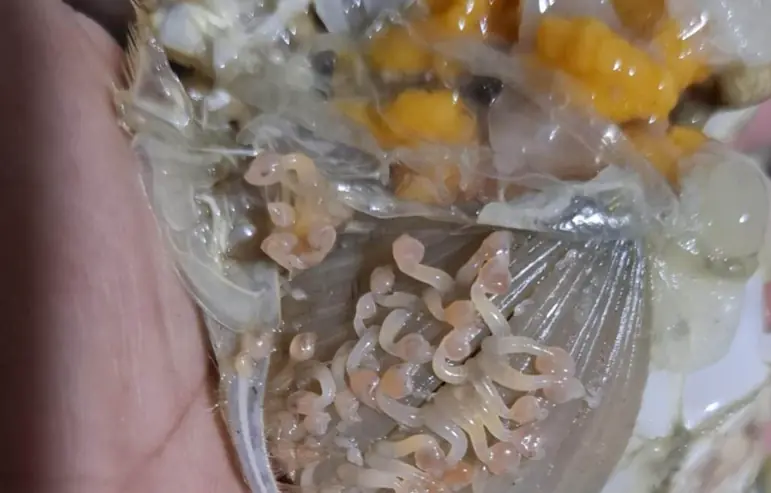
A woman was shocked when she opened a crab

Clear Your Arteries with This Simple Juice

A 20-year-old man contracted three parasites at the same time, due to occasionally eating this vegetable.
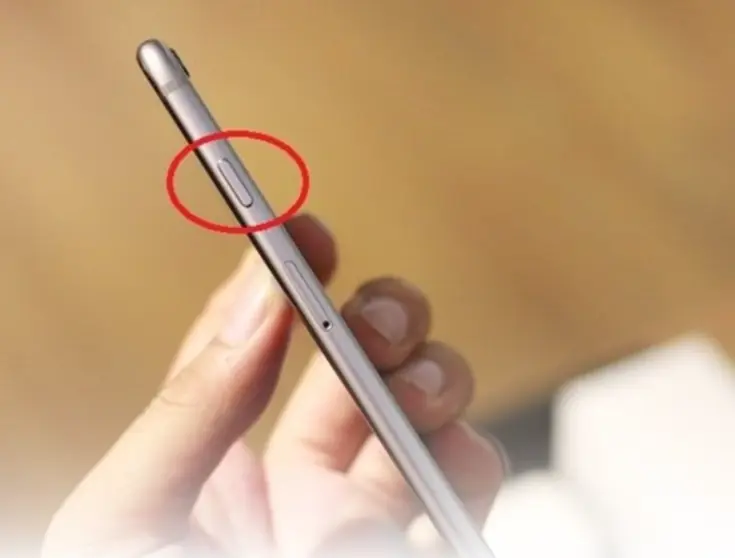
Why Smart People Place Their Phone Face Down

The Best Way to Store Limes for Year-Round Freshness

5 effective ways to lower blood pressure

Lamb’s Quarters/Wild Spinach: The Underestimated Superfood with Maximum Health Benefits

Don’t Eat Sweet Potatoes Until You Know These 13 Important Facts!

When to eat a banana?
